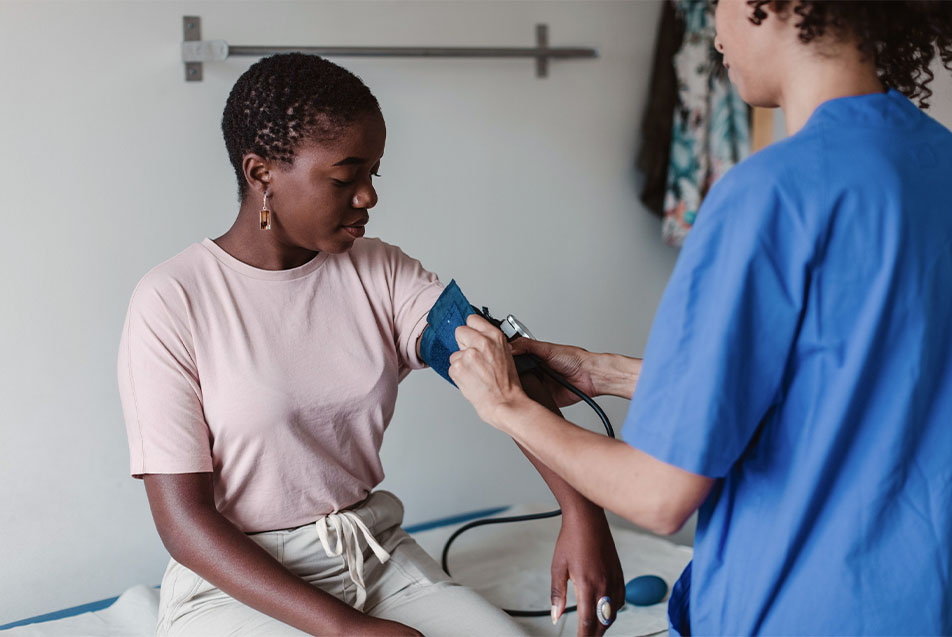
This post was written by Laura Silver, NP, PPG – OB/GYN.
A well-woman examination by a physician or advanced practice provider is essential to a woman's overall health. This exam is a crucial part of preventative healthcare and should be done annually. It’s recommended that you begin these exams by the age of 21 or when you become sexually active. The American College of Obstetricians and Gynecologists (ACOG) states that an annual exam provides an opportunity to optimize a woman's overall health while minimizing her health risks.
What to expect
To optimize your time and get the most from your annual well-woman exam, it’s best to bring information regarding your health and family history, as well as an updated list of all your current medications. This presents an opportunity for your provider to evaluate and plan for any gaps in care while allowing for opportunities for testing, immunizations, evaluation or counseling as deemed appropriate for your individual health needs. Your appointment will also include a physical examination which consists of a clinical breast exam and a speculum pelvic exam. This plays a critical role in the diagnosis and treatment of conditions that may be identified within the exam.
Topics covered during an appointment
Discussions that could be addressed at a well-woman exam may include but are not limited to, contraceptive options, safe sexual practices, breast cancer screening and menstrual-related concerns. Your provider may recommend further testing or follow-up based on your individual questions or concerns. Additionally, women of reproductive age may choose to discuss future family planning at these appointments. In this case, your provider may conduct a thorough assessment of risk factors or needs before pregnancy to ensure you have the best chances at a healthy pregnancy and baby.
Potential tests and screenings
Your provider may also conduct sexually transmitted infection (STI) screenings at your appointment. Such infections may include gonorrhea and chlamydia. It is recommended to screen for these infections annually until the age of 25. Appropriate screening for STIs is essential as many infections may be present without signs and symptoms. It’s also important to note that any untreated infections could progress to the development of severe pelvic infections and fertility difficulties.
Another important part of a well-woman exam is the Pap smear. A Pap test is the collection of cells from the cervix which can identify abnormal cells where cancers arise. The pap test is collected based on the patient's history, age, risk factors and present symptoms. This test is not always done with each annual exam. Your provider should inform you if the test will be collected during your appointment. Pap tests are important because they can yield a result that can help guide providers to appropriate treatments and management options, based on guidelines, to prevent cervical cancer.
For more information about women’s health services or to schedule an appointment with one of our specialists, please call 1-877-PPG-TODAY or visit our Women’s Health page.



